Once you’ve decided you want to start a firearms-related business, one of the first things you need to do is get a Federal Firearms License or FFL.
But before you can get your FFL, you need to decide which type of FFL you need.
If, for example, you want to manufacture firearms, you don’t want to get an FFL that only allows for their sale.
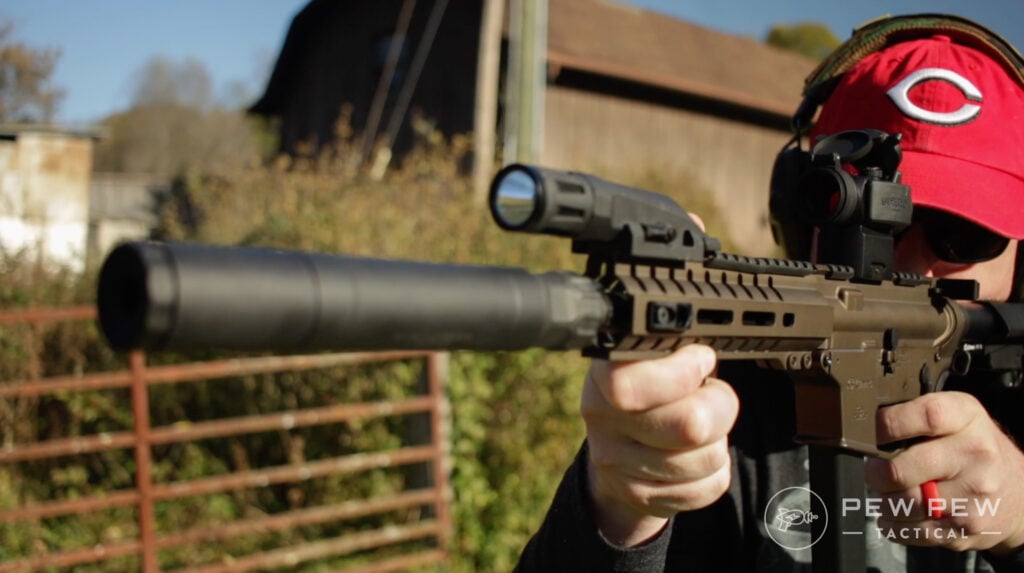
On the other hand, if you only plan on selling firearms, you don’t need to bother with an FFL that allows for their manufacture and import.
And once you get into destructive devices, that opens up a whole other can of worms.
There are currently nine different types of FFLs, each of which falls into one of four different categories:
- Dealer FFLs
- Manufacturer FFLs
- Importer FFLs
- Collector FFLs
To help you figure out which type of FFL you need, I’m going to walk you through each type of FFL.
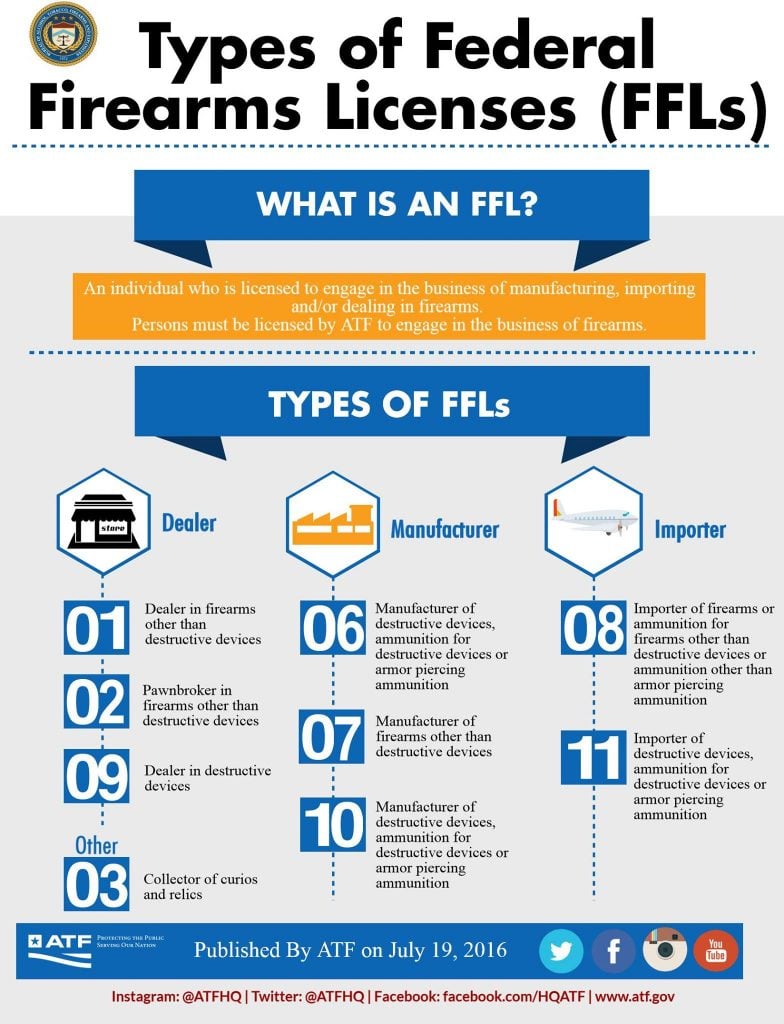
For each one, I’ll tell you what it lets you do and what it doesn’t.
I’ll also cover costs, so you know how much it takes to apply for each FFL type and renew your license. FFLs need to be renewed every three years, regardless of type.
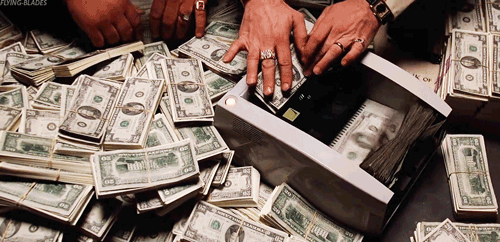
Lastly, we’ll take a look at what other documentation you might need to get the full benefits of each FFL type, such as Special Occupational Taxpayer (SOT) status and a Federal Explosives License (FEL).
Like FFLs, SOTs come in different types, referred to as classes, so we’ll tackle those as well.
Disclaimer: I am not an attorney, and this article should not be taken as legal advice. It’s merely a guide to get you started. For legal advice or further information on the law, please speak to an attorney.
With that out of the way, let’s talk FFLs.
Table of Contents
Loading…
Dealer FFLs
These first three types of FFLs are for people who want to buy, sell, or trade firearms or destructive devices.
Under the NFA, destructive devices are basically anything that explodes or fires an explosive, gas weapons, and guns (except sporting shotguns) with a bore larger than a half-inch.
You don’t need an FFL to just sell ammunition, but states and local governments may have their own requirements.
Type 01 – Dealer in Firearms Other Than Destructive Devices
Type 01 FFLs are by far the most common type of FFL among both gun shops and home FFLs. A Type 01 FFL allows you to buy and sell firearms as a business and allows you to work as a gunsmith.
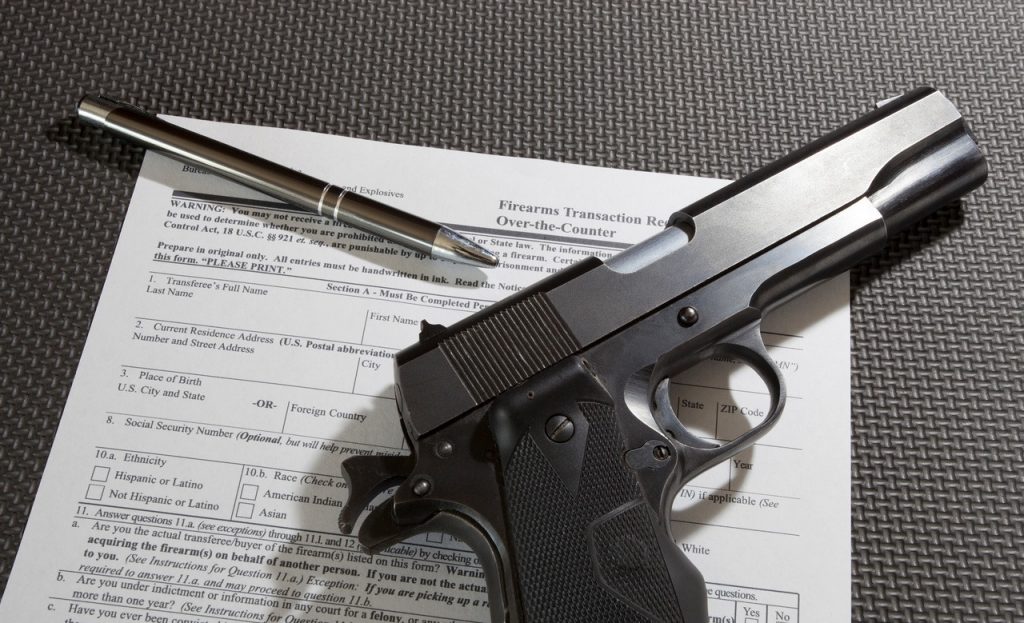
But it does not allow you to manufacture firearms or ammo for sale.
You need a Type 01 FFL to deal in NFA items, but you’ll also need to tack on a Class 03 SOT.
Without the SOT, you’re restricted to the sale and purchase of non-NFA items only. But even with the SOT, you still can’t sell destructive devices.
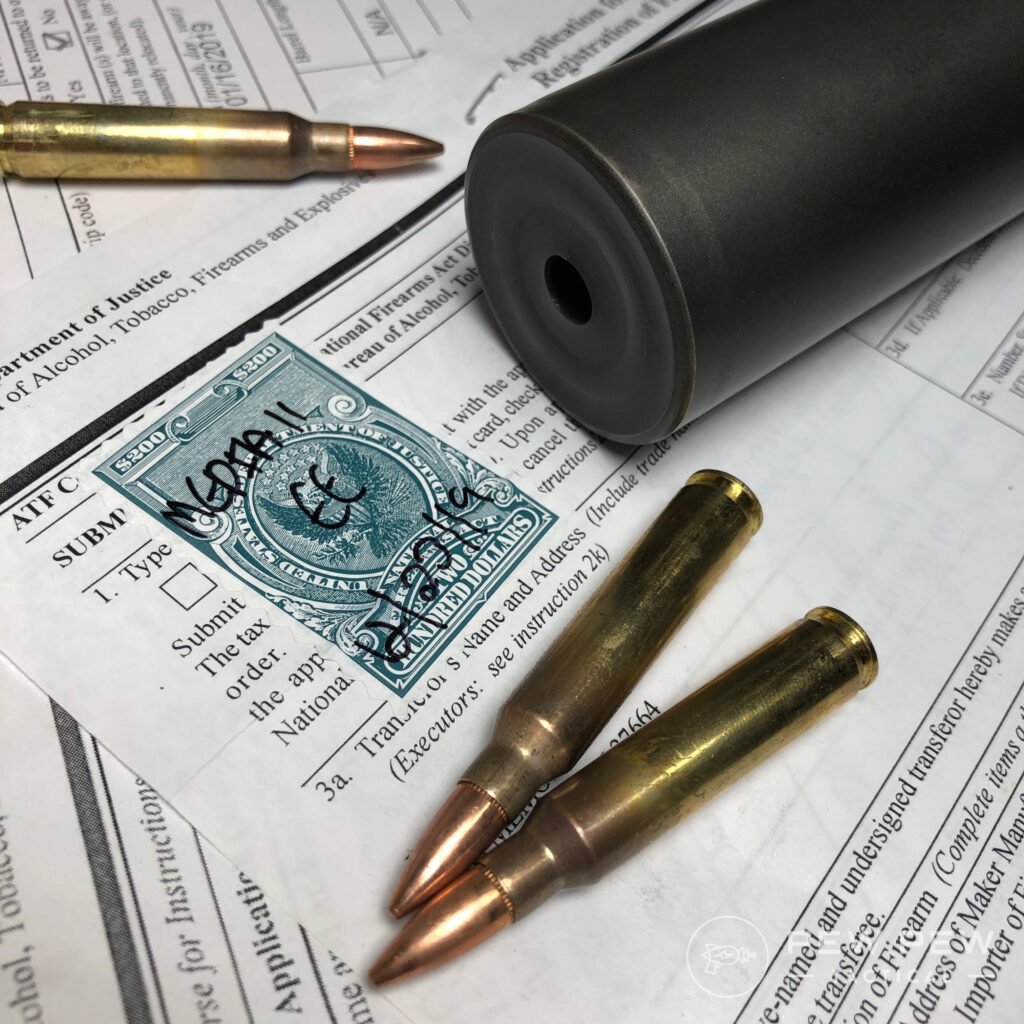
Type 01 FFLs are also not for pawnbrokers. It does not allow you to receive firearms as collateral for a loan.
Type 01 FFLs cost $200 for the initial application and last for three years. It then costs $90 to renew the license for another three years after that.
Type 02 – Pawnbroker in Firearms Other Than Destructive Devices
If you’re a pawnbroker and want an FFL as part of that business, Type 02 is the way to go.
Type 02 FFLs are essentially the same as Type 01 FFLs, but also allow for pawnbroker activities.
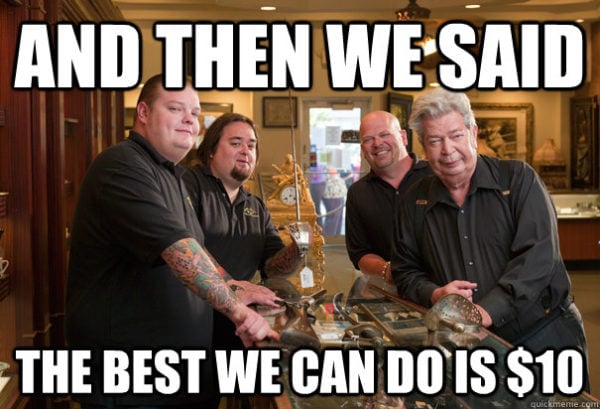
The reason for the distinctions is that some firearms in your possession won’t be legally your property.
Expect to undergo more frequent inspections than Type 01 FFL owners do as a Type 02 FFL. This is because firearms sold at pawn shops are more likely to be used in crimes.
Like a Type 01 FFL, a Type 02 FFL costs $200 for the initial application and $90 to renew every three years.
Again, to be able to deal in NFA items, you’ll have to get a Class 03 SOT as well.
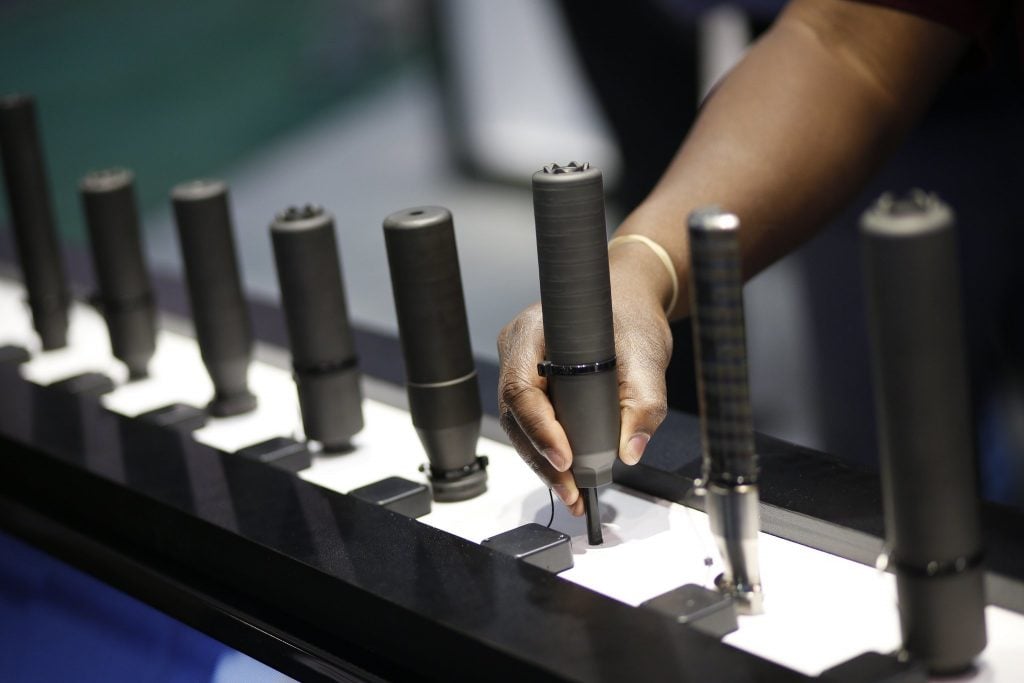
Type 09 – Dealer in Destructive Devices
Type 09 FFLs allow you to do everything Type 01 FFLs do, but you can also buy and sell “destructive devices.”
However, a Type 09 FFL doesn’t exempt you from the need to register and buy a tax stamp for any destructive devices you buy for personal use.
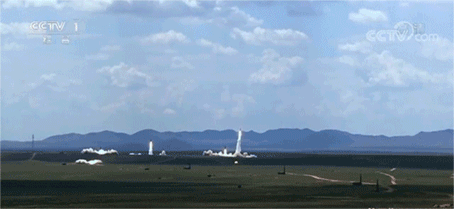
Because destructive devices are regulated under the NFA, you’ll still need a Class 03 SOT to sell them. The FFL alone is not enough.
And if you want to deal in explosive destructive devices, you’ll need a Federal Explosives License too.
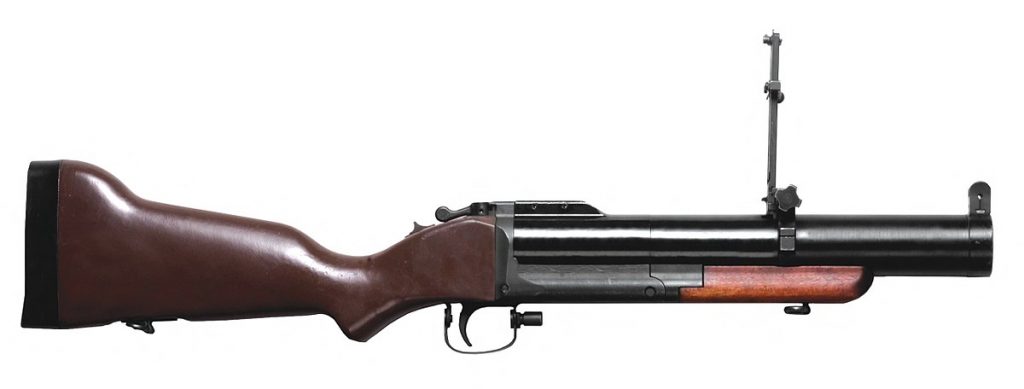
A Type 09 FFL also isn’t cheap.
It costs $3,000 for both the original application and for your renewal every three years. That’s a pattern you’ll notice for all the FFLs related to destructive devices.
There’s not a huge market for destructive devices either. So, make darn sure that you’re actually going to sell destructive devices before applying for the FFL.
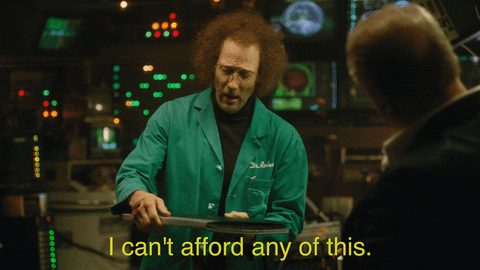
On the other hand, you can make good money selling them even within the small market.
And it’s worth noting that some states don’t allow civilians to own destructive devices anyway. Again, do the research. Ensure you can get and sell them in your state before trying to get a Type 09 FFL.
Manufacturer FFLs
The next three FFLs are for people who want to sell firearms or destructive devices and also want to manufacture firearms or ammo for sale to others.
This includes assembling a firearm from a kit or from purchased parts, as well as from parts you made yourself.
Remember, you don’t need an FFL to manufacture firearms or ammo for personal use.
Type 06 – Manufacturer of Ammunition for Firearms Other Than Ammunition for Destructive Devices or Armor Piercing Ammunition
An FFL Type 06 is for those who want to make and sell small arms ammunition (not ammunition for destructive devices or armor piercing ammunition).
If you’re an experienced reloader and want to be able to sell your loads to others, this is the way to do it.
It costs just $30 for the initial application and for your renewal every three years, so you don’t have to sell a lot to make it worth the investment.
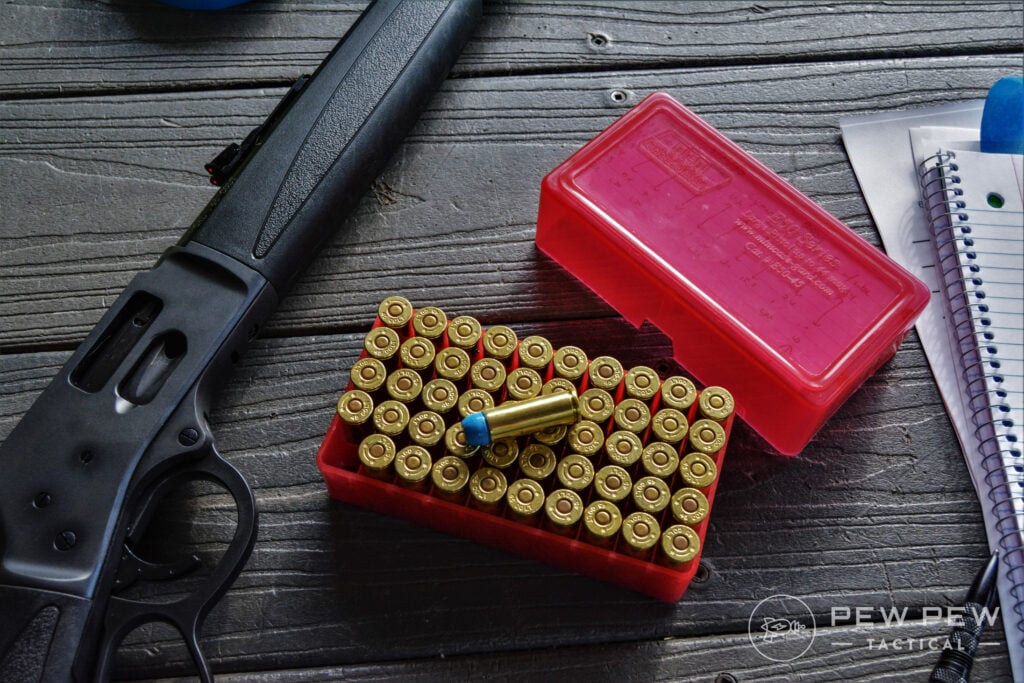
However, an FFL Type 06 does not allow for the manufacture or sale of firearms.
So, if you want to be able to sell firearms, even if you only plan on manufacturing ammo, you’ll need to go with an FFL Type 07 instead.
Type 07 – Manufacturer of Firearms Other Than Destructive Devices
A Type 07 FFL is the second most common type of FFL behind the Type 01.
It allows for the manufacture and sale of both firearms and ammunition — except armor-piercing ammo, ammo for destructive devices, or destructive devices themselves.
Additionally, if you have a Class 02 SOT, that includes the manufacture and sale of NFA items (aside from destructive devices, their ammo, or armor-piercing ammo).
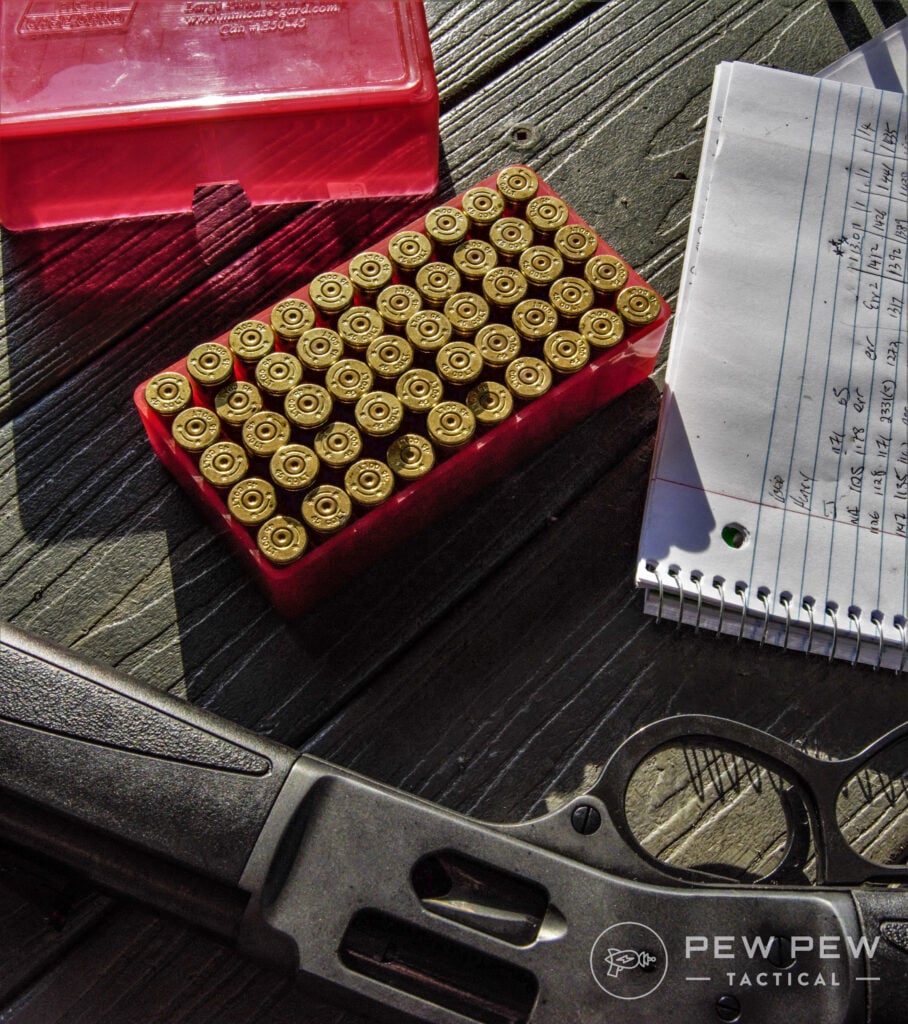
Want to do custom gun sales? A Type 07 FFL is the move for you.
Coupling it with the Class 02 SOT really opens up options for what you can make and sell, inlcuding things you can charge a lot more for.
At the same time, it costs just $150 for the application and for renewal. So, it’s easy to make your money back.

This type of FFL is good for people who want to manufacture firearms as their primary source of income.
But it also works for those who make firearms as a hobby and want to sell them so they can turn around and buy parts for their next build.
Type 10 – Manufacturer of Destructive Devices, Ammunition for Destructive Devices or Armor Piercing Ammunition
If the Type 07 isn’t enough and you want to also be able to deal in destructive devices, their ammo, and armor-piercing ammo, you need a Type 10 FFL.
And again, because these are NFA items, you’ll also need a Class 2 SOT. And, if you want to be able to deal with explosives, you’ll also need an FEL.
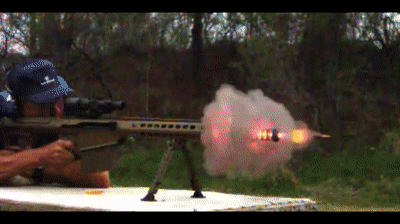
Like the Type 09 (Dealer in Destructive Devices), the Type 10 FFL isn’t cheap.
It costs $3,000 for both application and renewal. There’s not a huge market for these kinds of items, but the ability to manufacture and restore them in addition to just sell them does open the market up wider for you.
Importer FFLs
None of the above FFLs allow you to import firearms from other countries, so if you want to be able to do that, you’ll need one of the next two FFL types.
Type 08 – Importer of Firearms Other Than Destructive Devices or Ammunition for Firearms Other Than Destructive Devices, or Ammunition Other Than Armor-Piercing Ammunition
The Type 08 FFL is the basic license type for importers.
It allows you to import and sell the majority of firearms and ammo, but not destructive devices, ammunition for destructive devices, or armor-piercing ammunition.
If you want to be able to import other types of NFA items, you’ll also need a Class 01 SOT.
A Type 08 FFL costs $150 for both application and renewal.
Type 11 – Importer of Destructive Devices, Ammunition for Destructive Devices or Armor-Piercing Ammunition
You’ve probably noticed a pattern by now (or can at least read the section header). So, you can guess that a Type 11 FFL allows you to do everything a Type 10 does, plus import and sell destructive devices, destructive device ammunition, and armor-piercing ammunition.
Once again, to take advantage of those additional options, you’ll need a Class 01 SOT. And for any explosives, you’ll need an FEL.
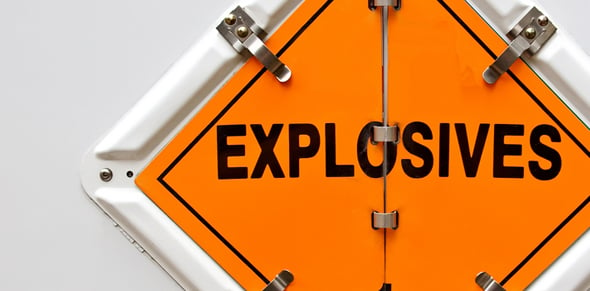
Like the other FFL types related to destructive devices, it costs $3,000 both for the initial application and renewal later.
This FFL is very hard to get and will generally only be approved for importers who work with certain government agencies, relevant museums, or suitably wealthy private collectors.
Collector FFLs
This last FFL is a bit different from the other types. It’s not for people doing business with firearms but for collectors of Curio and Relic (C&R) firearms.
According to the ATF, C&R firearms are firearms that fall into one of these three categories:
- Firearms which were manufactured at least 50 years prior to the current date, but not including replicas of such firearms;
- Firearms which are certified by the curator of a municipal, state, or federal museum which exhibits firearms to be curios or relics of museum interest; and
- Any other firearms which derive a substantial part of their monetary value from the fact that they are novel, rare, bizarre, or because of their association with some historical figure, period, or event.
Type 03 – Collector of Curios and Relics
A Type 03 FFL does not allow you to engage in selling, manufacturing, or importing any type of firearm, including C&Rs as a business.
Instead, a Type 03 FFL simplifies the process of building a collection of C&Rs by exempting you from having to deal with federal background checks and forms for each qualifying firearm that you buy.
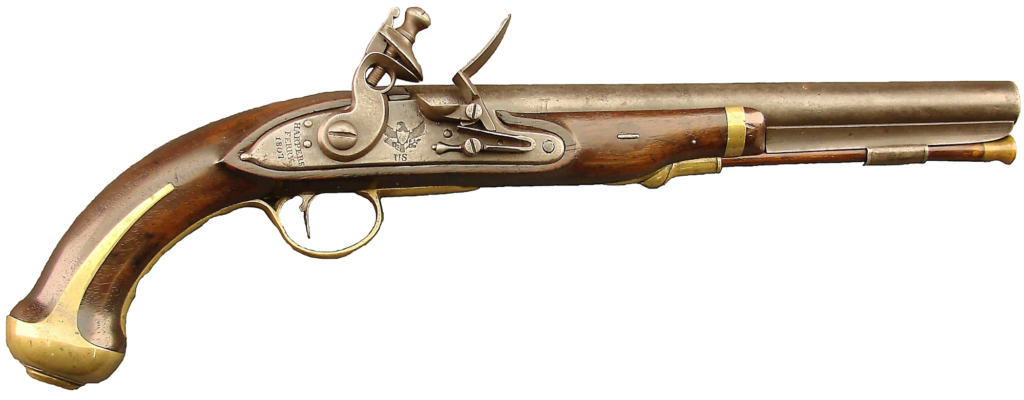
Bonus, it also saves you trips to the gun shop for transfers every time you buy a C&R firearm.
That said, it doesn’t free you from relevant state or local laws. So, you may still have to deal with a background check or other hoops if mandated by those laws.
A Type 03 FFL also does not exempt you from requirements for NFA items, even if they meet C&R qualifications.
Type 03 FFLs are quite affordable, costing only $30 for both the initial application and for your renewal every three years.
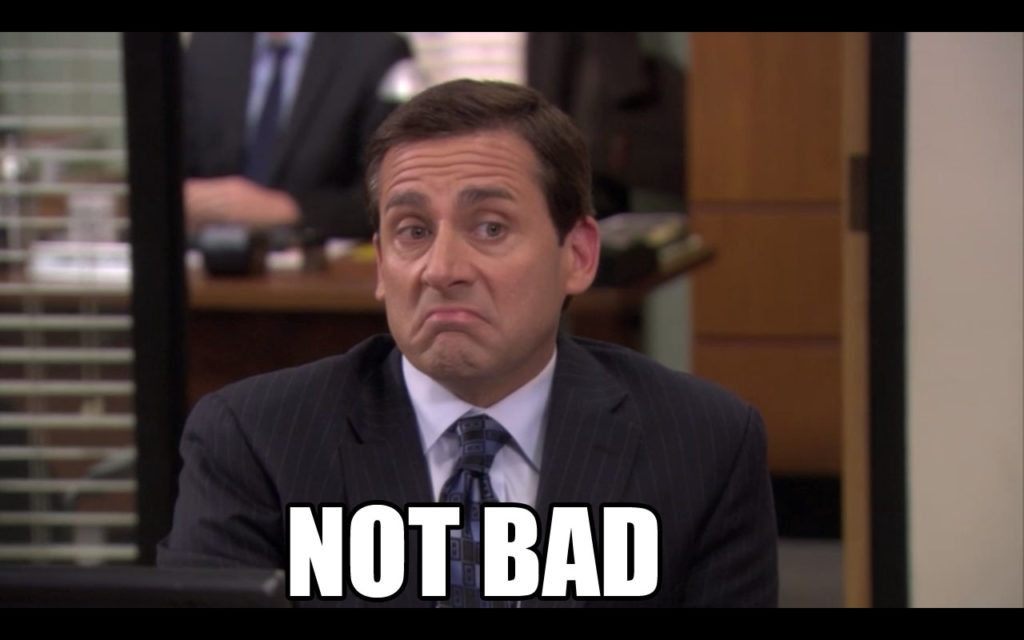
Finally, if you want the convenience of a Type 03 FFL for building your personal collection but also want to have a business that sells, manufactures, and/or imports firearms, you can get both a Type 03 FFL and the relevant type of Dealer, Manufacturer, or Importer FFL.
You can even use the same application to apply for both; just be sure to check each FFL type that you want to apply for in the proper section of the application.
How to Get Your FFL
Once you’ve decided which type of FFL you need, you’re ready to get started with the application process.
You’ll first fill out your application, including a passport photo and fingerprints, and send it to the ATF alongside your application fee.
You’ll also need to send a copy to your local Chief Law Enforcement Officer — probably either your city’s chief of police or your county sheriff — to give them notice that you plan to obtain an FFL.
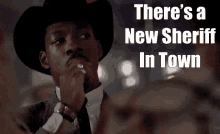
Once the ATF has gone over your application and conducted a background check, you’ll have an interview with an Industry Operations Investigator who will make sure the information you’ve given is correct.
They will also make sure you’re aware of federal, state, and local requirements for the type of business you’ll be licensed for.
If you’ve decided since submitting your application that you actually want a different type of FFL, you can let the IOI know at this point, and they’ll make the change for you.
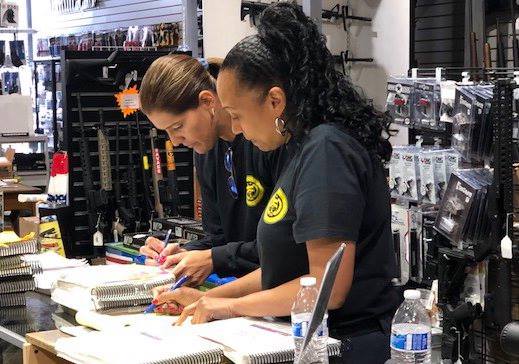
They’ll also inspect any premises you’ll be using for your business to make sure it complies with federal, state, and local laws.
Hopefully, you were getting it set up properly while you waited for your application and background check to be processed.
Once all that’s done, the ATF will make its final review and either issue or deny your license.
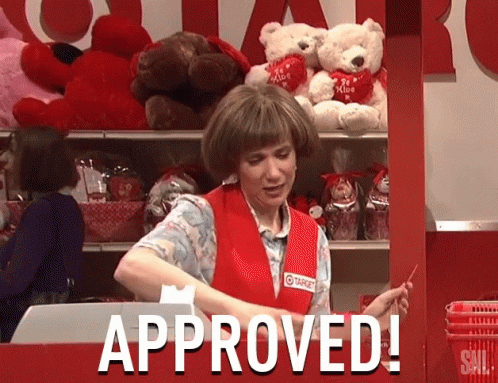
The whole process takes about two months from the time the ATF receives your application.
If all of that sounds a bit complicated, there’s good reason for that…it kind of is.
Even once the paperwork, photo, and fingerprints are sorted, you still have to make sure that your place of business is ATF compliant.
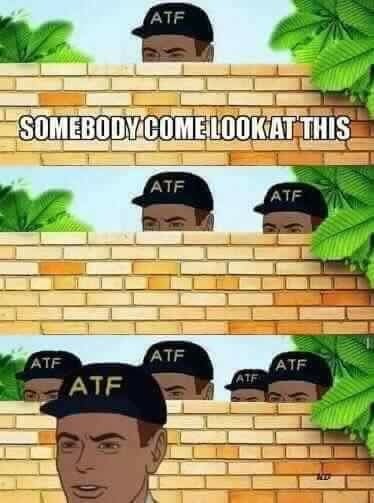
Navigating it all can be tough to handle on your own.
But, fortunately, you don’t have to.
Need Help Getting Your FFL?
RocketFFL and FFL123 each provide comprehensive guides to help you through the application process.
Their guides help you fill out your application, explain everything you can (and can’t) do with your FFL, ensure that you’re ready for your IOI interview and inspection, and more.
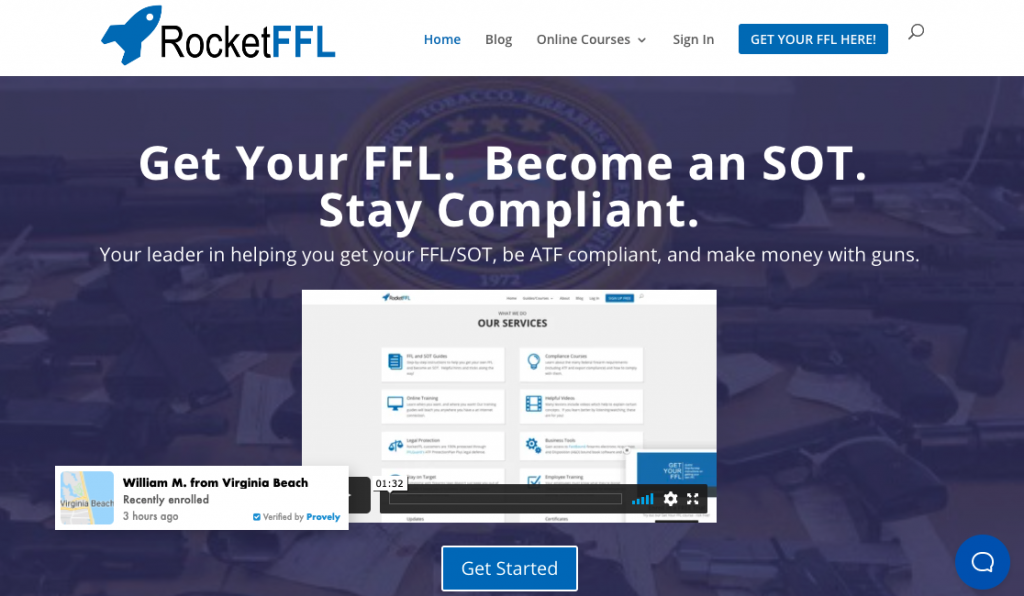
How do you know the help you’re getting is good?
Each site was created by an expert to ensure all information is up-to-date and accurate. Trust us, both RocketFFL and FFL123 know their stuff!
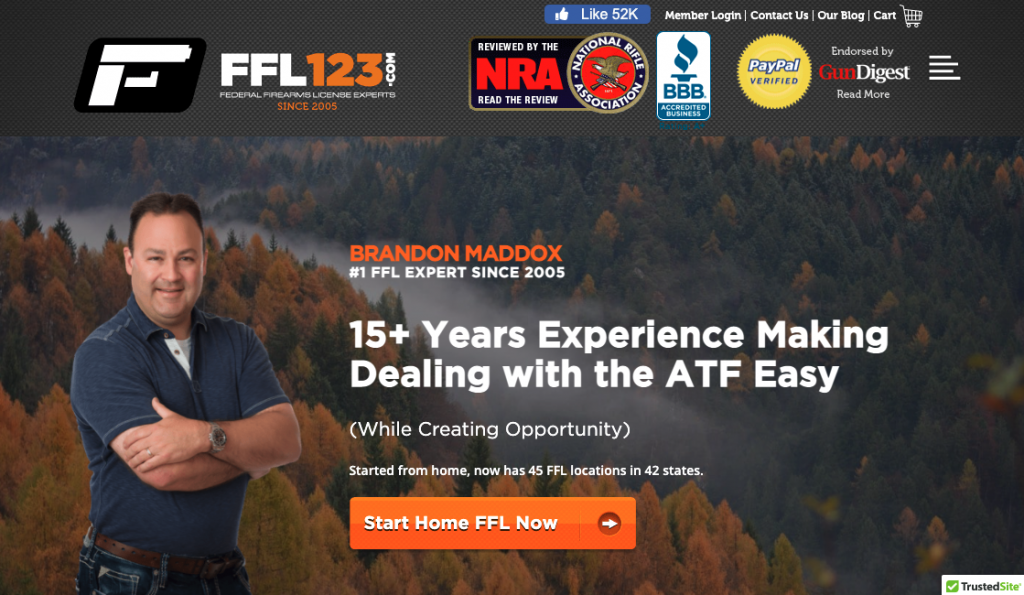
And at less than $50 bucks, the courses are well worth the investment to make sure your FFL application process goes right the first time.
Then you can get started with your gun business as soon as possible.
Conclusion
The ATF’s murky FFL waters can seem daunting, but with the right help, it’s a breeze. The first step, of course, is understanding the difference between the types of FFLs and deciding on which suits your goals the best.
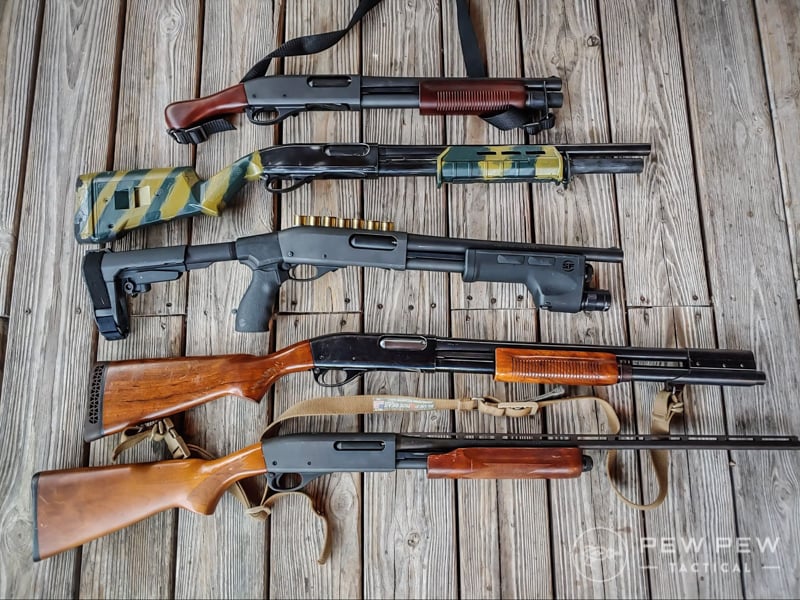
Again, if you’re still feeling confused, check out RocketFFL or FFL123 for additional resources on getting your FFL business off the ground.
Do you have an FFL? What’s your type, and how was the process for you? Let us know in the comments below. Not ready to commit to setting up an FFL business but still want to play with some fun stuff? Check out our guide on How to Buy a Suppressor Online.

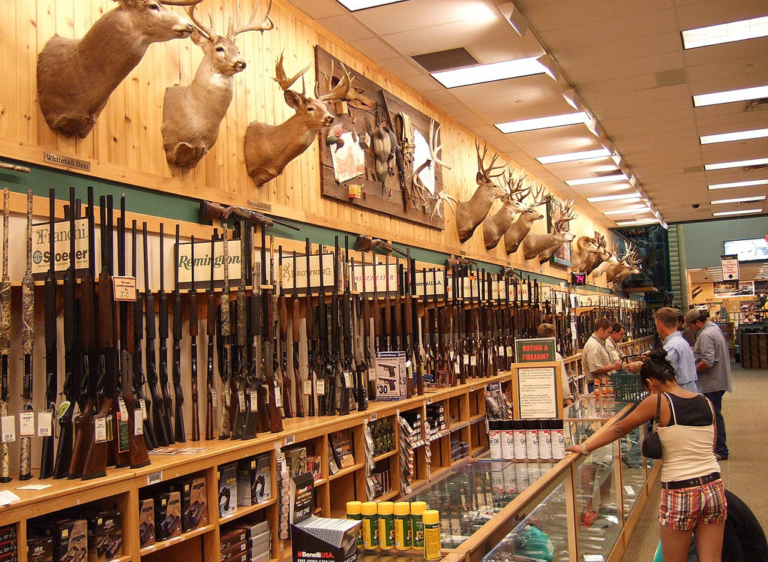



2 Leave a Reply
Calling both of the FFL course creators experts is kind of funny. The guy teaching RocketFFL is a firearms attorney and well known in the gun community for long range shooting. The other, teaching FFL123, is a pharmacist who touts being a member of the NRA as a qualification. Hmm...wonder one I'd like to learn from.
Interesting. I always imagined that getting an FFL would be a byzantine mess. It actually seems to be fairly straightforward.